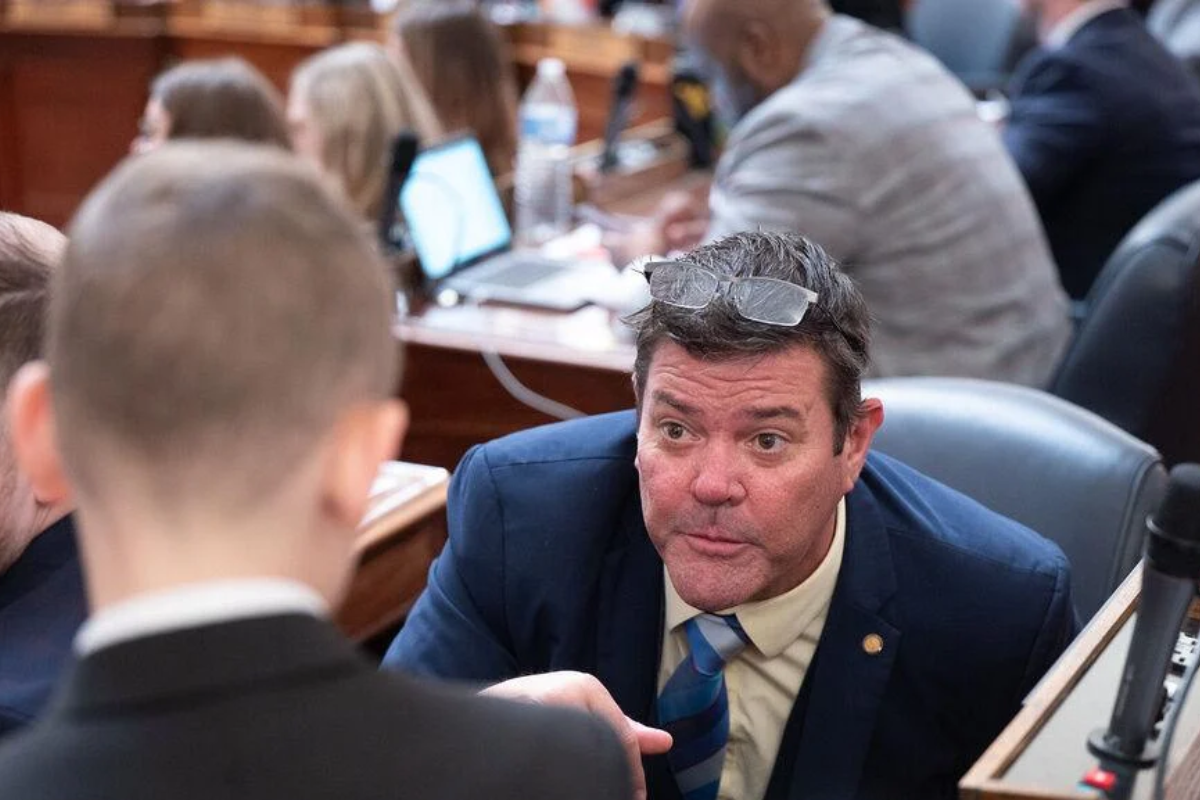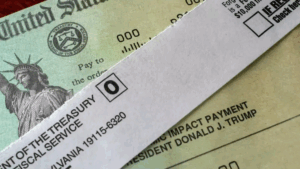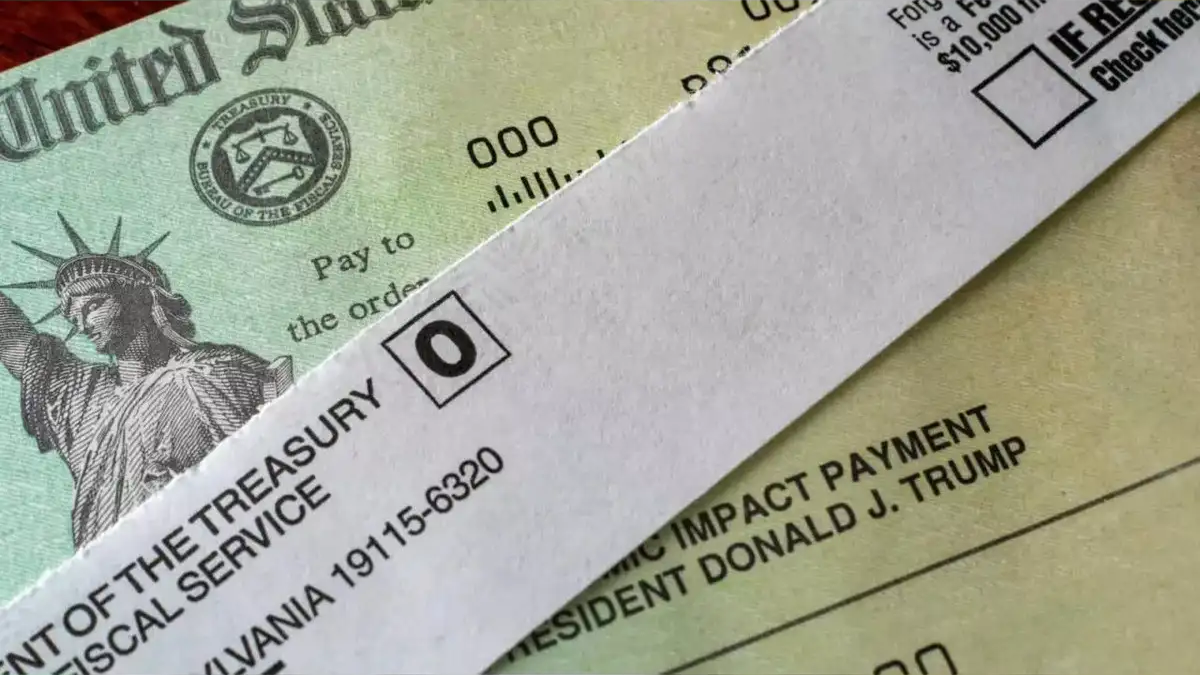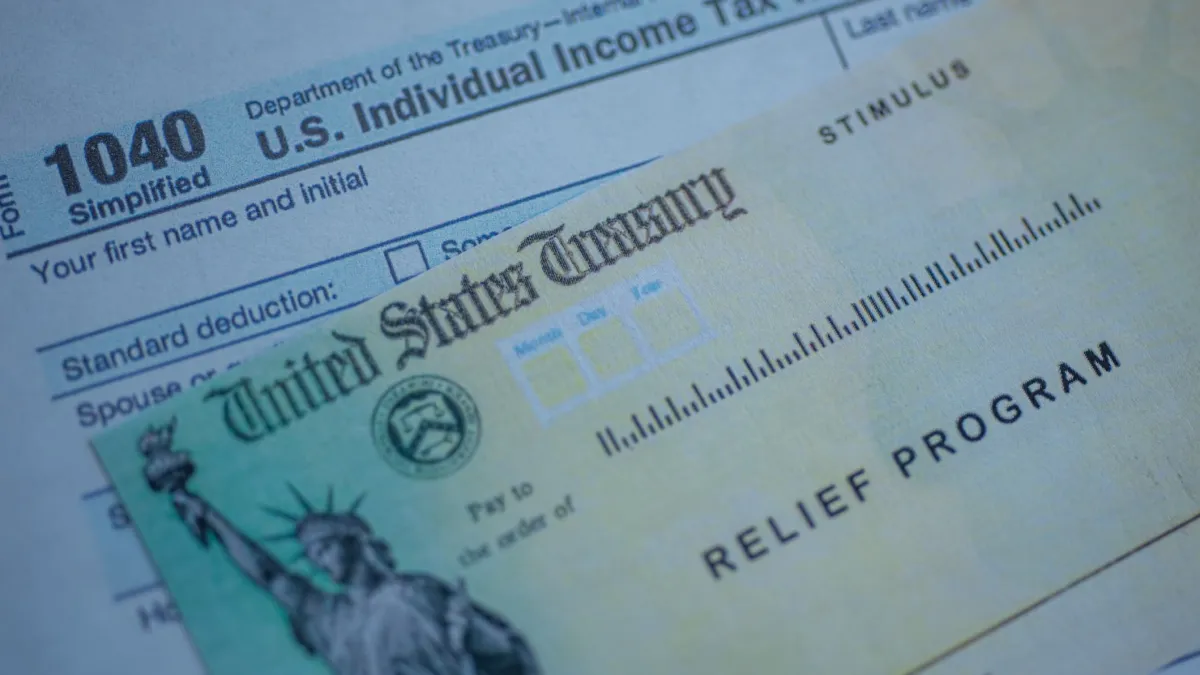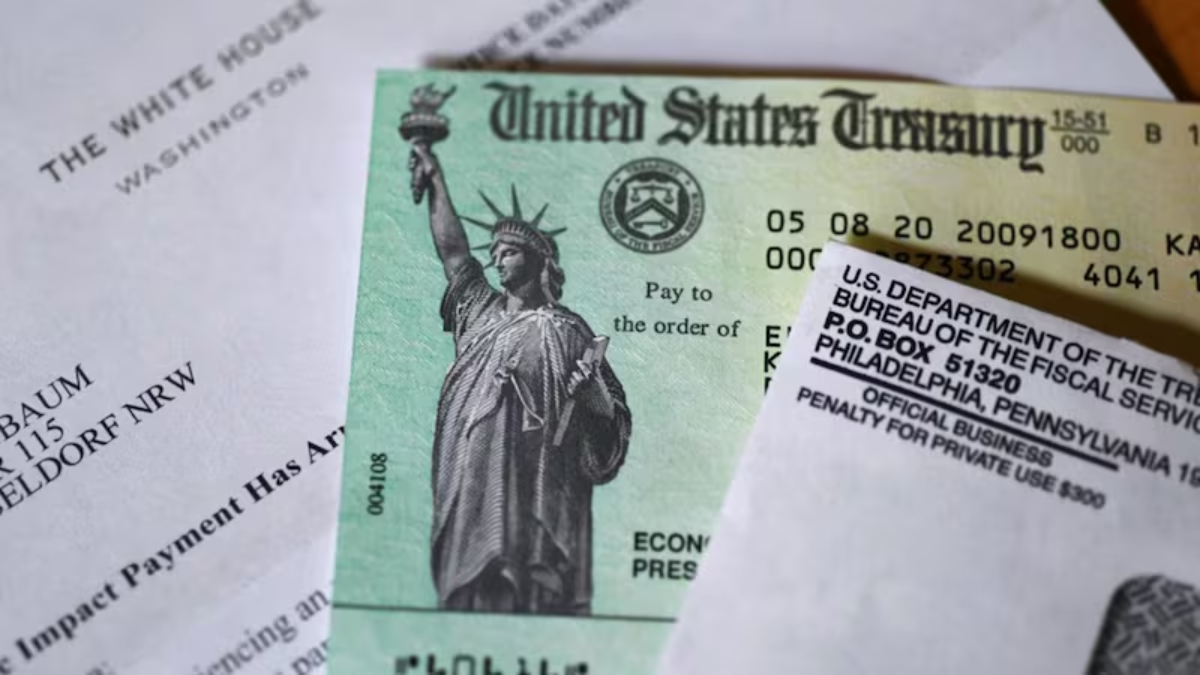CHARLESTON, W.Va. – Several bills progressing through the legislative process this year aim to shift the rule-making authority of the West Virginia Department of Education to state lawmakers. However, this effort faces legal challenges, as a higher court previously ruled against such a move, and a similar constitutional amendment was rejected by voters.
House and Senate Advance Key Bills
On Thursday, the House of Delegates approved two bills—House Bill 2755 and House Bill 2548—while the Senate Judiciary Committee recommended Senate Bill 705 for full Senate consideration.
HB 2755, which requires the state Board of Education to submit rules and policies for legislative review, passed with an 84-12 vote. This bill seeks to amend state law by mandating that all Board of Education rules receive authorization from the Legislative Oversight Commission on Education Accountability (LOCEA) before being reviewed by the full Legislature, which could approve, modify, or reject them.
“The purpose of this bill is to bring the Department of Education under legislative rules,” said Delegate Mike Hornby, R-Berkeley, the bill’s lead sponsor. “We have a broken system. With lawmakers involved in rule-making alongside the Department of Education, we can finally get things done.”
Constitutional Debate Over Legislative Oversight
House Education Committee Chairman Joe Ellington, R-Mercer, referenced Article 12 of the West Virginia Constitution, which states that the Legislature is responsible for ensuring a “thorough and efficient” school system, while the state board oversees education within the guidelines set by law.
“It doesn’t say the board makes the law. They shall perform duties as prescribed by law,” Ellington emphasized.
SB 705, similar to HB 2755, proposes that education rules be processed through the Legislative Rule-Making Review Committee before being sent to the Legislature for an up-or-down vote.
Under existing law, the Legislature oversees Department of Education policies approved by the state Board of Education but lacks direct authority to approve or reject them. Currently, LOCEA can only recommend changes to state law, not enforce them.
A 1988 ruling by the West Virginia Supreme Court of Appeals in West Virginia Board of Education v. Heckler deemed legislative approval of education board rules unconstitutional. The court ruled that rule-making falls under the state board’s constitutional authority over public schools, and any attempt to interfere would violate the state’s governing framework.
Despite this precedent, Hornby argued, “The Supreme Court has made wrong decisions before, and I’d like to revisit that.”
Opposition Highlights Constitutional and Voter Concerns
Delegate Mike Pushkin, D-Kanawha, opposed HB 2755, warning that it directly contradicts the Supreme Court’s ruling.
“This is clearly unconstitutional, and it will end up in court,” Pushkin stated.
He also pointed to the failure of Amendment 4 in the 2022 general election. The amendment sought to give the Legislature authority over the state Board of Education’s rule-making but was rejected by 58% of voters.
“The people of West Virginia had this question on the ballot and overwhelmingly rejected it,” Pushkin said. “If lawmakers want to change the Constitution to allow for this authority, they should put it back on the ballot and let voters decide—not ignore their will.”
Three Republicans joined House Democrats in voting against HB 2755, including Delegate Larry Kump, R-Berkeley.
“This is a tough decision for me,” Kump said. “While I support the intent of this bill, both the Supreme Court ruling and the voters have already decided that this is not the right approach.”
Hornby countered that voters in his region, including Hampshire, Morgan, Berkeley, and Jefferson counties, supported Amendment 4. He believes its statewide failure was influenced by the rejection of Amendment 2, a separate measure that would have allowed the Legislature to eliminate certain property taxes. Former Gov. Jim Justice strongly opposed Amendment 2, which may have affected the passage of Amendment 4, Hornby suggested.
Additional Bill Targets School Rule Compliance
HB 2548, also passed by the House with a unanimous 96-0 vote, requires the State Superintendent of Schools to provide an annual report to LOCEA on the implementation of state board rules in each county school district.
The bill introduces a two-tiered system for enforcement:
- If a county is found noncompliant, the superintendent must present a corrective plan with a timeline for compliance.
- If noncompliance continues, the county may face a reduction in state school aid funding.
“It’s simply about a reporting requirement and an enforcement mechanism,” Ellington explained.
With these bills advancing, the debate over legislative control of education policies in West Virginia is far from over, setting the stage for further legal and political battles.
